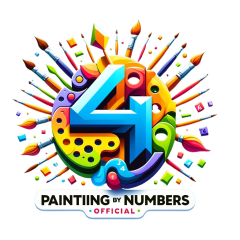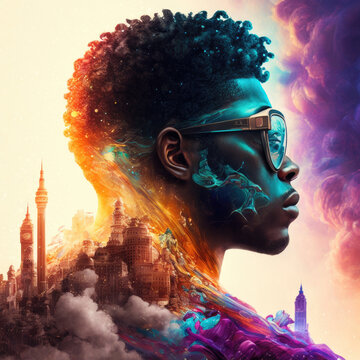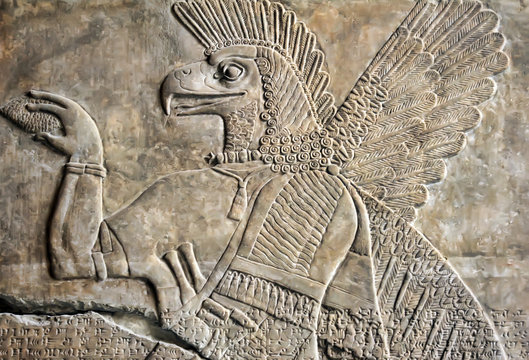Afro-futurism in literature and visual arts combines futurology, technology, and African diaspora culture. This movement redefines history and anticipates the future via a black cultural lens. It questions prejudicial views and reshapes narratives, providing fresh perspectives, on race, location, and time. Afro-futurism has strong origins, dating back to the mid-twentieth century, although its impact has intensified in recent years. It gives a forum for black artists and writers to visualize a future in which African and African American identity is central rather than excluded. This combination of science fiction, historical figures, and fantasy honors the diversity of black culture while criticizing current contemporary problems. Afrofuturism strengthens marginalized viewpoints in mainstream culture via inventive narrative and creative art.
Afro-futurism in Literature
In literature, afrofuturism offers a diverse range of works that combine African mythology, speculative fiction, and historical narratives. Authors such as Octavia Butler and N.K? Jemisin have carefully worlds in which black characters navigate despairing futures, utilize sophisticated technology, and wield magical talents, all while contending with themes of identity, colonialism, and freedom.
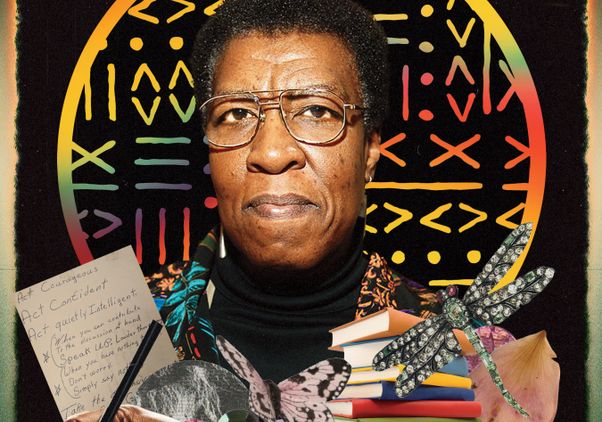
Visual Arts and Afro-futurism
Afrofuturism in visual arts goes beyond traditional limits, blending digital media, painting, and sculpture to generate fully immersive sensations. Wangechi Mutu and Kehinde Wiley, for example, recreate African icons and histories in a futuristic style, using brilliant colors and hybrid shapes. Their works are a striking reflection on race, gender, and power, providing fresh insights on Black identity.
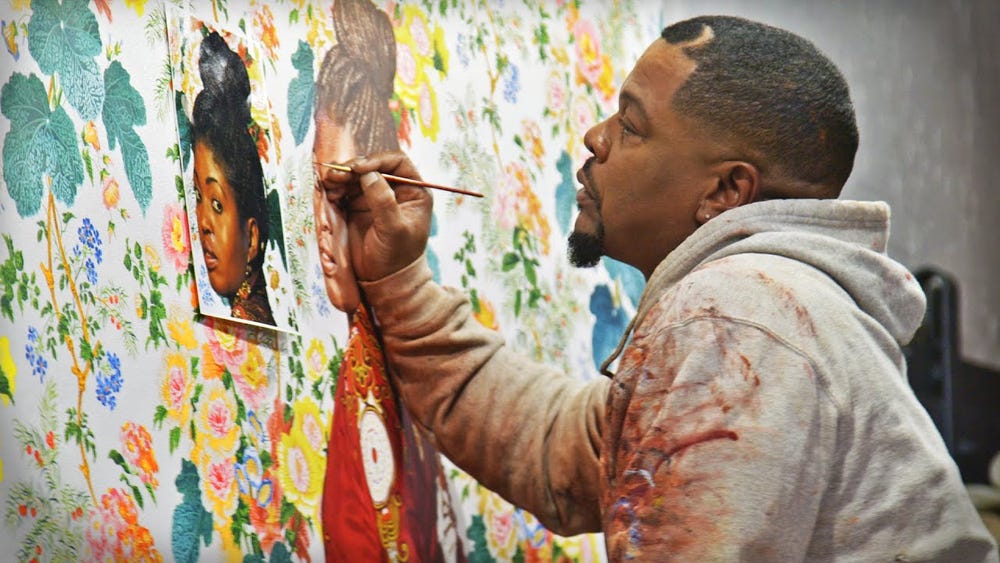
Impact on Popular Culture
Afrofuturism’s influence spans beyond niche communities and has a significant impact on mainstream culture. The Marvel film “Black Panther” exemplifies this crossover, combining afrofuturistic aesthetics with superhero story-lines to receive worldwide recognition. Such images have spurred debates about visibility and the significance of inclusive futures in the media.
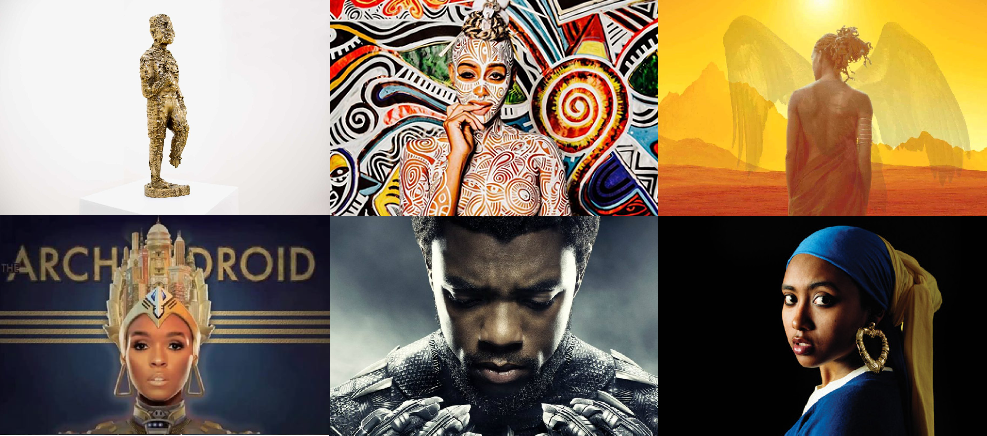
Afro-futurism and Social Change
African futurism is significant in social and political contexts, acting as a medium for rectifying racial injustices and picturing nations free from oppression. Afrofuturism adds to wider discourses about justice, reparations, and a structural alteration by picturing worlds in which Black individuals have power and agency, while also presenting an optimistic outlook on the future.
Challenges and Criticisms
Regardless of the increase in its popularity, there are concerns about Afrofuturism’s accessibility and the possible commodification of African cultures. Critics contend that, while Afrofuturism aims to uplift, its popular interpretations might diminish its revolutionary roots. There is a continuous debate on how to preserve the integrity of Afrofuturist ideals in the face of commercial pressures.
Afrofuturism is more than just an artistic genre; it is a visionary framework that reconsiders the African diaspora’s tale. It creates a space for black voices and visions to thrive by weaving aspects of science fiction, history, and culture together. This movement envisions both the future and the past, providing a healing and inspiring vision. As Afrofuturism evolves, it still serves as a beacon of creativity and transformation. It pushes us to peer beyond the boundaries of the present, envisioning a future rich in diversity, innovation, and inclusiveness. Afrofuturism assures that black experiences and dreams are vital to humanity’s progress through literature and visual arts. Its expanding significance demonstrates the strength of creative freedom, as well as the ongoing desire for equality and representation.
